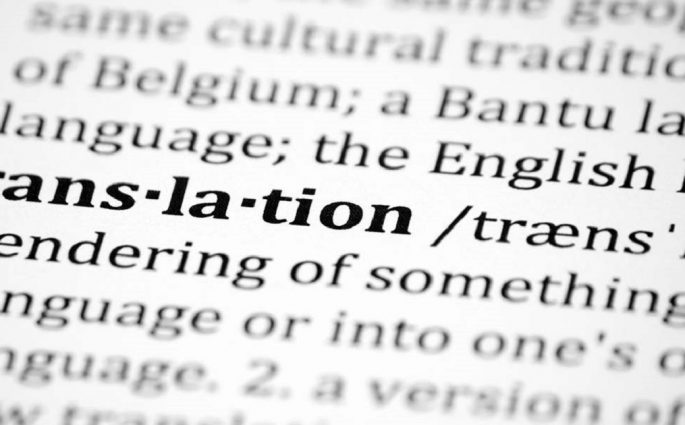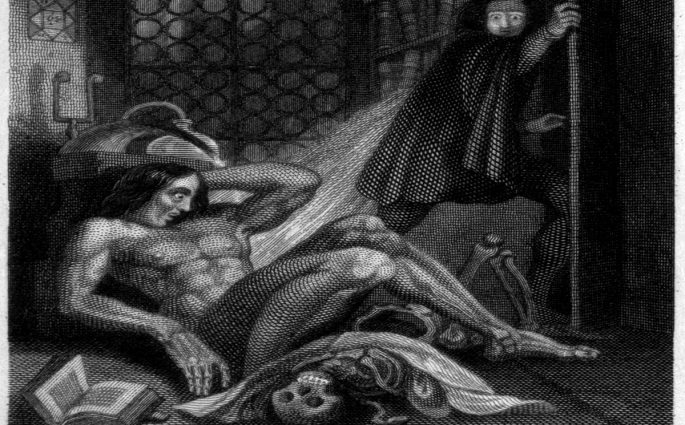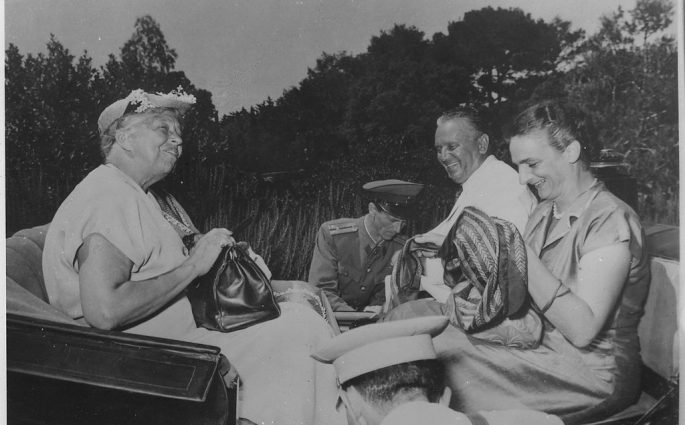Seduced by Characters—Q&A with Alberto Manguel
Yale University Press: What is your earliest memory of connecting deeply with a literary character? How old were you, who was it, and what do you remember feeling at the time? Alberto Manguel: Because I learned to read when I was about four, my earliest remembered stories are those of






Defining a Change: Literary Theory, Truth, and Fiction in the Digital Age
Terry Eagleton’s newest book The Event of Literature addresses literary theory and tackles the question—what is literature—utilizing a variety of theories. Each theory has its own historical perspective that is formed by morals, values, and events. It is this ever-changing standard used to define literature that Eagleton grapples with in
Continue reading…